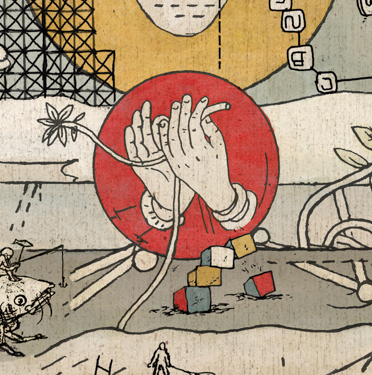Buddhism and the Real World
Tricycle Magazine | Summer 2021For most of its history, the dharma has had little to offer in the domain of social action. But that’s OK.
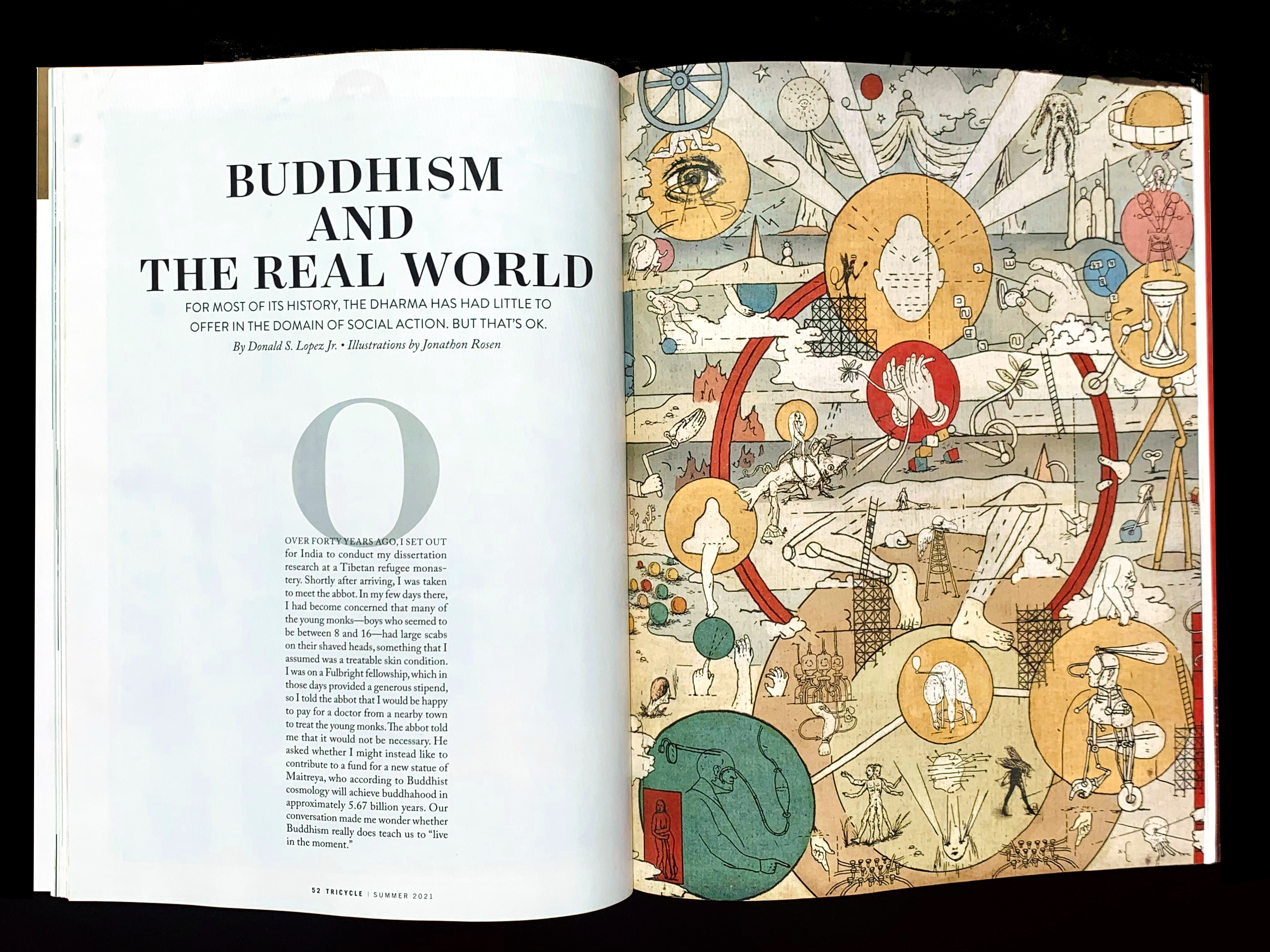

Like all religions, Buddhism has changed over time. One of the most important changes in recent decades has been the evolution of engaged Buddhism, a movement whose participants apply dharma teachings and meditation practice to social justice, environmental activism, and other causes. This raises a question: As calls for social action resound throughout the land, what resources are provided by the dharma?
In Buddhism, the world, a world that is the product of our collective karma, passes through various cosmic stages. The current stage, called the stage of abiding, also passes through cycles, in which both the lifespan and the qualities of humans rise and fall. At present, we are on a downward slope, with the human lifespan decreasing and eventually dropping to ten years, after which it will rise again until it reaches 80,000 years. It is then that Maitreya will come. During this period of decline, not only will the conditions of the world deteriorate but the dharma will disappear.
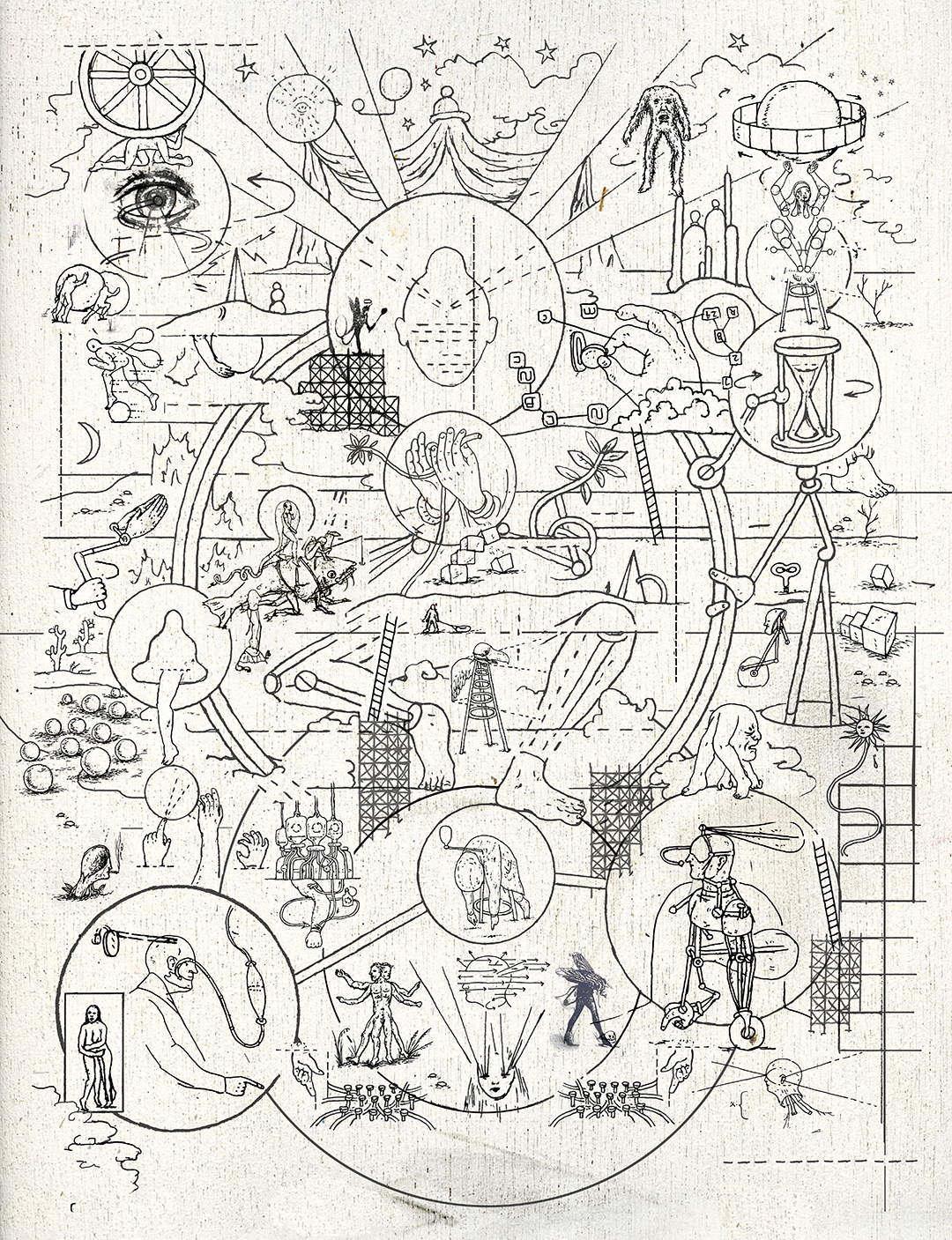
Buddhism has in many ways been more concerned with the future than the present, more about the next world than this one.
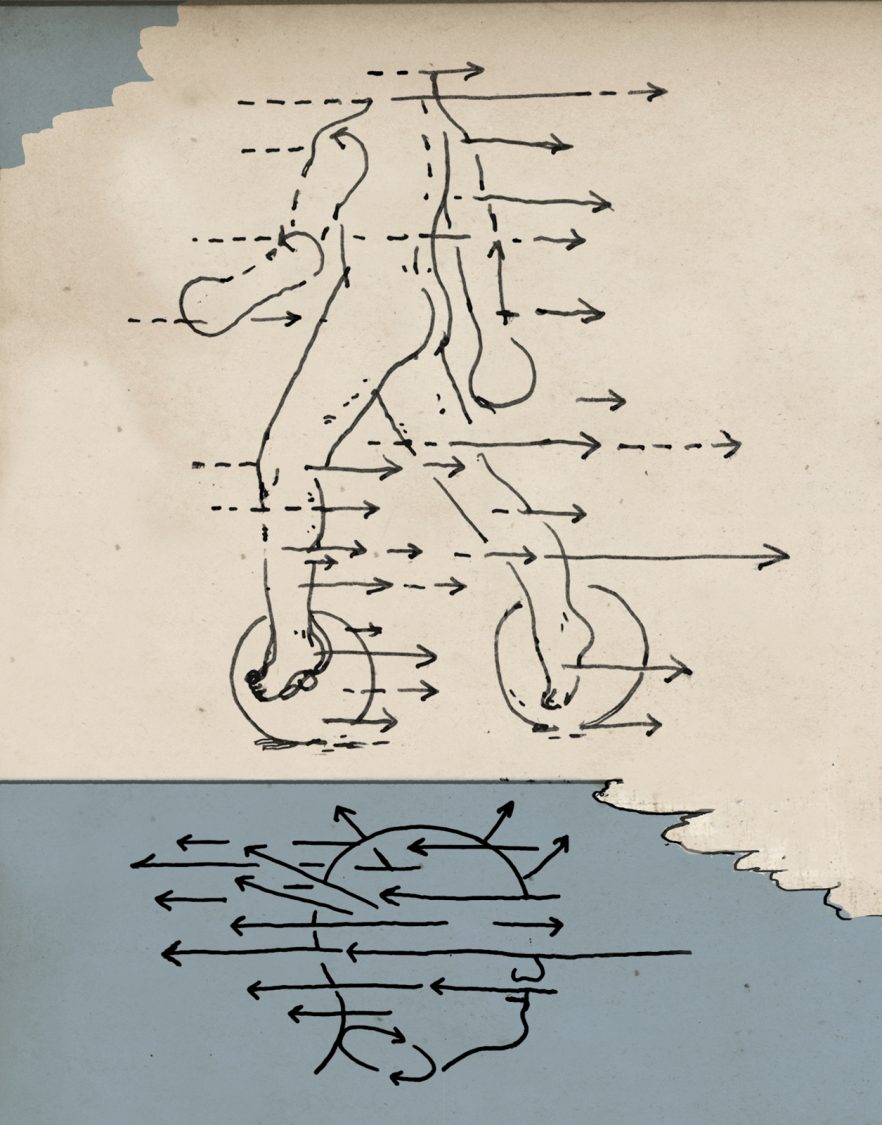
Are we forced to conclude that what makes Buddhism so strong at the personal level is what makes it weak at the political level? If we’re talking about Buddhism in the real world, how real is that world?
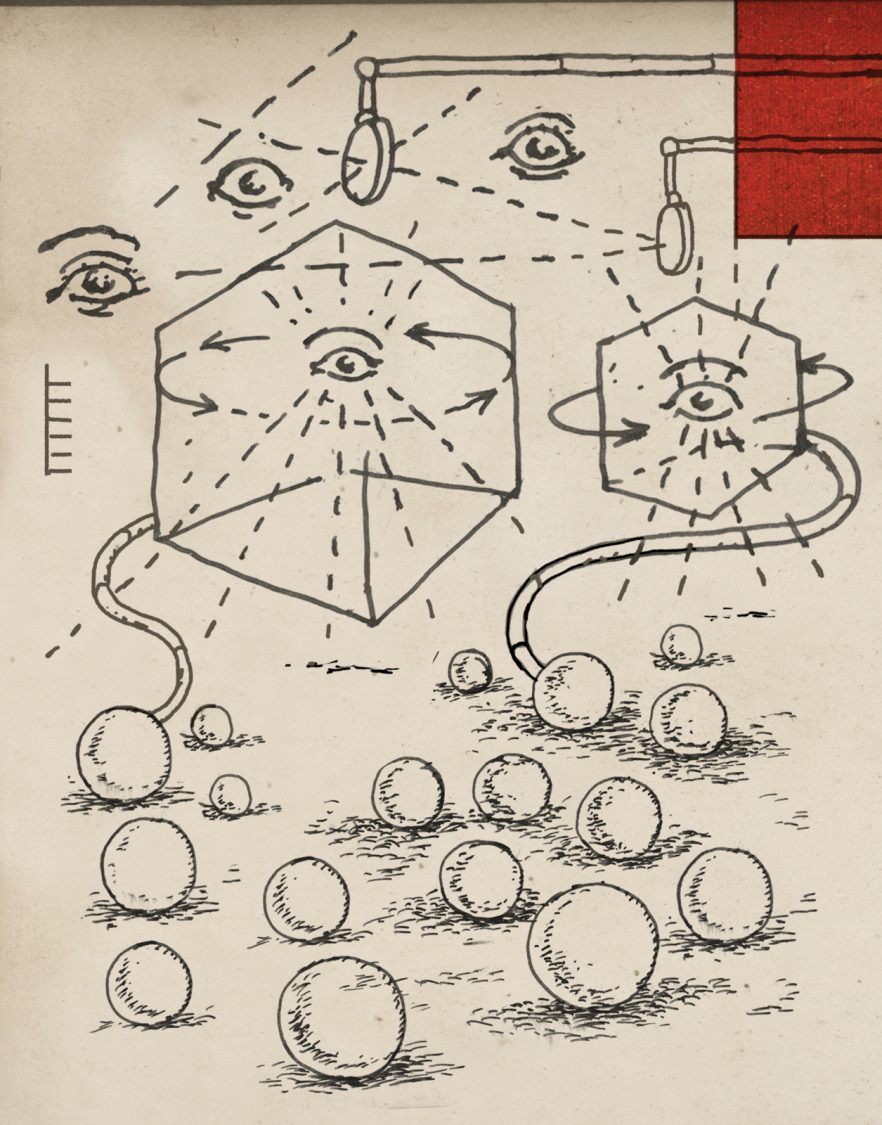
And so from the Buddhist perspective, the near future is grim. But in the distant future there will occur what is called the nirvana of the relics. At the same precise moment all around the world, all of the stupas and pagodas will explode, releasing their relics. The relics will fly to Bodhgaya, where they will reassemble under the Bodhi tree to be worshipped by the gods one last time. The relics will then burst into flame and disappear. This is the sign that the advent of Maitreya is nigh. Perhaps we should build that statue.
And if we build that statue in America, we should engrave these words on its base, the words of the American poet and bodhisattva Gary Snyder: “The mercy of the West has been social revolution; the mercy of the East has been individual insight into the basic self/void. We need both.”
♦
